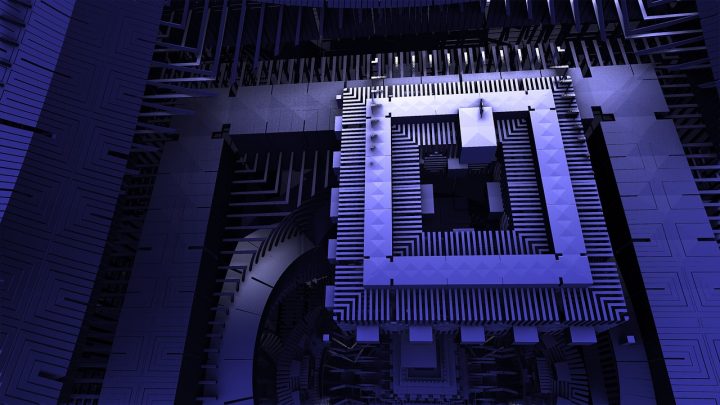The field of quantum technology is growing exponentially. Experts are starting to believe it will catch up with today’s encryption standards. Encryption is one of the most common methods of securing information across networks and devices. So far, it has proved to be the most efficient solution for keeping private and confidential data away from the wrong hands. But with the advancement of quantum technology, the current encryption standards might be at risk.
An ideal quantum computer should be able to decode encrypted content in a matter of minutes or even seconds. Such advancement could put massive amounts of data at risk of theft and corruption. Here’s how quantum computing could leave an impact on encryption as we know it.
What is Quantum Computing?

The concept of quantum computing relies on the quantum-mechanical phenomena to perform computations at rapid speeds. Once this technology reaches its peak, quantum devices will work faster and better than any computer ever made. The development of such powerful computers could lead to significant breakthroughs in science, medicine, finance, and machine learning.
But like any technology, quantum computers can get into the hands of people with malicious intentions. Criminals could use them to break into security systems or as a tool to decode encrypted content. And there is no doubt that quantum computing will affect virtual security at one point in the future. The question is how and to what extent this technology could leave a negative impact.
The Impact of Quantum Computing on Encryption
No one knows when precisely quantum computers will be powerful enough to crack encryption yet. But that day is coming. There’s already been significant progress in research and experimentation.
A recent breakthrough by Craig Gidney at Google proved that there is a more efficient way for quantum computers to execute anti-encryption calculations. This method reduces the number of required resources to perform these calculations. It puts encryption at serious risk.

The research has brought quantum machines much closer to reality. It leaves many wondering whether encryption has an expiration date. Quantum computing could impact any user who stores information on a computer network of any kind.
The most common encryption standard used today is the 2048 bit encryption. It is powerful enough to protect sensitive data from cyber-attacks that are common nowadays. But this standard would stand no chance against a quantum computer.
It is necessary to address that encryption systems have never been bulletproof, to begin with. Encryption ensures security by extending the time needed to crack its code. In other words, encryption systems rely on the massive amount of time it would take to decode something one has encrypted.
The Example
Think of passwords for a minute. When you create new passwords, many platforms tell you whether your combination is weak, strong, or very robust. How do they know? They consider the time it would take a usual computer to crack your password by trying each possible character combination. If it’s “password,” it would take less than a minute.
Thus, the password is weak. But the more characters you add, and the more diverse they are, the more challenging it gets. Now imagine you put a quantum computer to use. If it starts performing these calculations, it will reduce the time needed to crack the password to minutes.
The same goes for cracking encryption. Therefore, quantum computing could shake up the entire field of cryptography. And it could leave millions of records exposed to security threats.
The good news is, the experts don’t expect the ideal quantum computing machine to be invented any time soon. It means there’s not much risk for ordinary users who encrypt personal data such as photos, financial information, and browsing history. They can continue using encryption software without worrying about cybercriminals deciphering their data.
What to Expect in the Future

While governments and large corporations have a lot more to lose, individual users are not entirely off the hook either. The advancement of quantum computing doesn’t mean you should ditch encryption. It is only a reminder that technology is evolving, and it is your responsibility to catch up with it.
Either way, nowadays, people who don’t use any encryption whatsoever are more vulnerable to cyber threats. Data breaches happen every single day. Storing data in plain text when there are plenty of free encryption software solutions available is not an excuse.
And as far as quantum computing goes, there’s no doubt that this field will continue to grow. Many large corporations and governments are investing millions of dollars in research. But it doesn’t mean cryptography is standing still. There can always be a breakthrough that changes encryption as we know it.



















I checked out NordLocker recently and it definitely seems like a good tool for encrypting individual files. Especially for freelancers who send out files constantly via email or cloud storage links. An extra layer of security can never hurt.